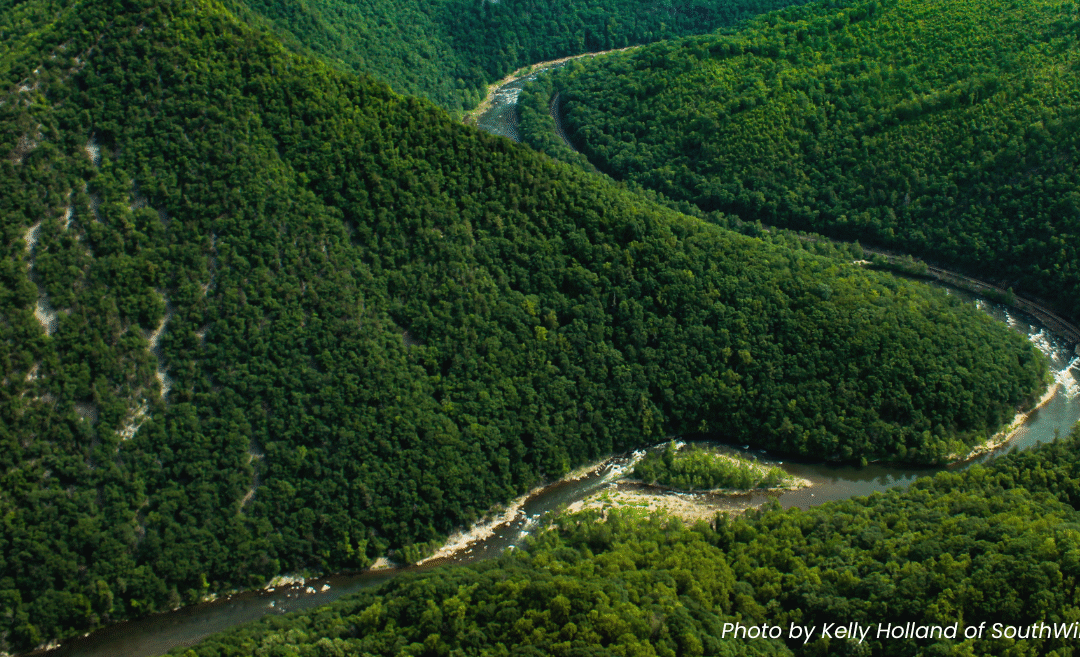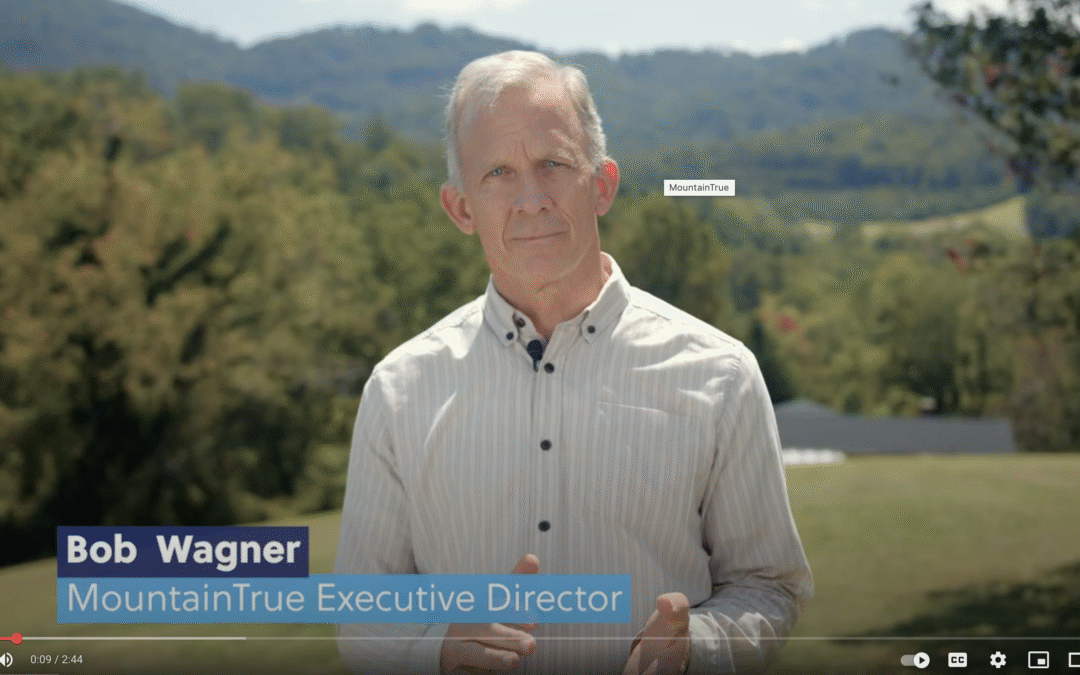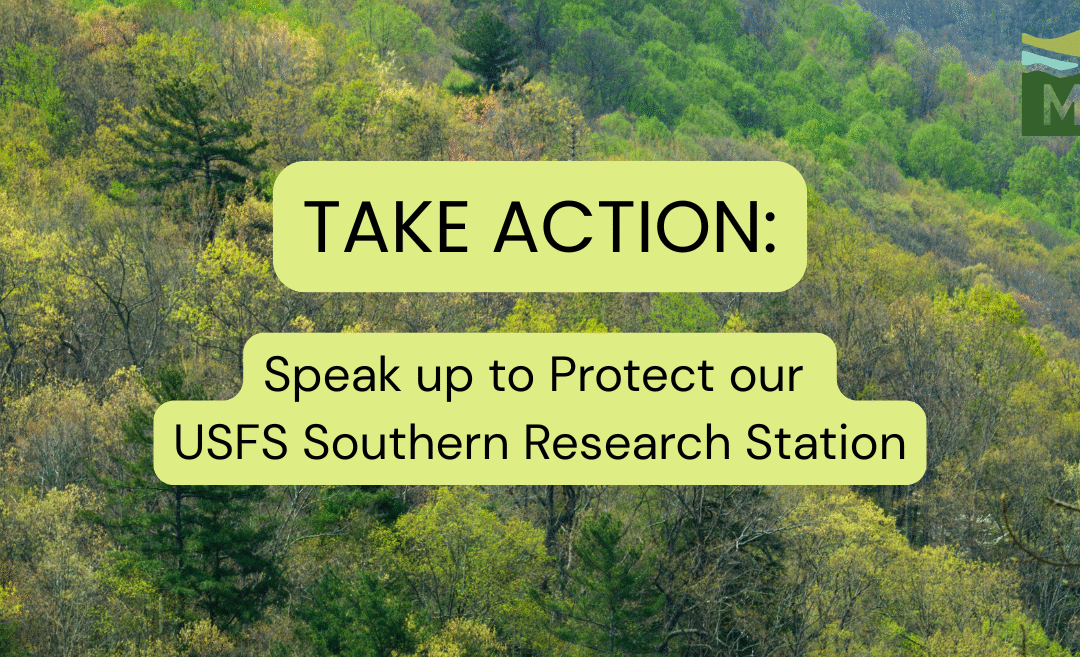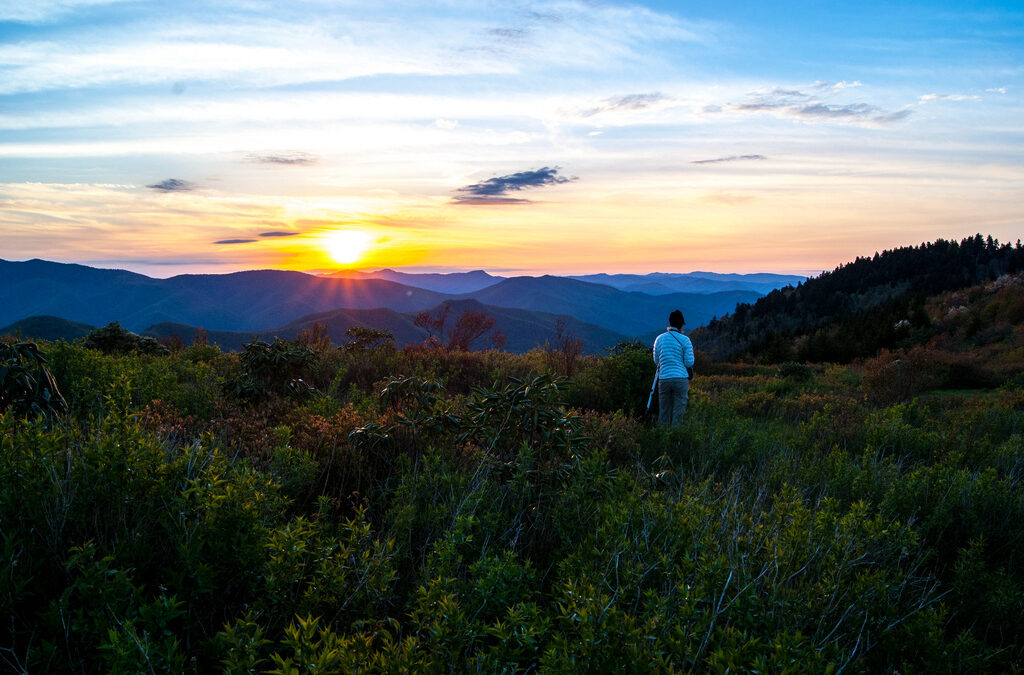
MountainTrue takes action to protect the Nolichucky Gorge
MountainTrue takes action to protect the Nolichucky Gorge
Dear friends and supporters,
I’m writing today to share a difficult but necessary decision. Together with the Center for Biological Diversity and represented by the Southern Environmental Law Center, MountainTrue has filed suit to stop an illegal logging project in the Nolichucky River Gorge in Pisgah National Forest.
At MountainTrue, we believe that lawsuits should always be the last resort. We tried to work with the Forest Service, but it has moved forward with a logging operation that breaks its own rules, ignores federal environmental laws, and threatens one of the most cherished wild places in our region.
The Forest Service is pushing ahead under the guise of a long-expired emergency order — and doing so without informing the public, completing required environmental review, or consulting with state and federal experts. The project was so secretive that we wouldn’t even have known this part of Pisgah National Forest was being logged without being informed by local residents.
The logging is already underway in the Nolichucky Gorge — an eligible Wild and Scenic River, a North Carolina Natural Heritage Natural Area, home to rare species and beloved by hikers, paddlers, anglers, and local communities. This area is specifically designated under the new Nantahala-Pisgah Forest Plan to be managed for backcountry values and old-growth conservation. A map of the area affected by this secretive and illegal logging can be viewed here.
As our Resilient Forests Program Director, Josh Kelly, explains:
“The Forest Service has moved forward with a logging project that violates their own Forest Plan in one of the jewels of Pisgah National Forest. They are doing so under the guise of an expired emergency order while attempting to complete the project in secrecy, without performing their legal duty to inform the public, complete rare species surveys, or consult with other agencies. We asked the Forest Service for specifics about the project, and they refused, while also providing false information. We feel we have no other recourse but to sue to protect the outstanding qualities of the Nolichucky Gorge.”
MountainTrue has always believed that the future of Pisgah and Nantahala must be rooted in transparency, science, and shared public stewardship. The Forest Service’s actions here undermine that foundation.
So we are asking a federal court to halt logging in the Nolichucky Gorge and require the Forest Service to follow the law, the Forest Plan, and the public process before making decisions that permanently alter this place.
How you can help right now:
- Stay informed. We will share updates as the case moves forward. Sign up for our Vistas e-newsletter.
- Share this news. Your voice matters in ensuring that the public understands what’s at stake.
- Continue to support this work. Your financial support makes it possible for MountainTrue to stand up in moments like this — when the stakes are high and no one else will act.
This is about more than one project. It’s about whether our public lands are stewarded for the long-term health of our forests, rivers, wildlife, and communities.
We remain committed to protecting the Nolichucky Gorge — and to defending the integrity of Pisgah and Nantahala National Forests for this and future generations. Thank you for standing with us.
In solidarity and stewardship,
Gray Jernigan, Deputy Director & General Counsel





